When it comes to forging grade materials, understanding the specifics of each type can be quite complex. This guide dives deep into the nuances of these materials, exploring everything from their composition and characteristics to their applications and suppliers. Whether you’re a seasoned professional or new to the field, this article is designed to inform, teach, and guide you through the world of forging grade materials.
Overview of Forging Grade Materials
Forging grade materials are specially formulated to withstand the rigors of the forging process. These materials need to possess a unique combination of properties that enable them to be shaped under high pressures without cracking or losing their mechanical integrity. Commonly used in various industries, forging materials play a crucial role in manufacturing high-strength, durable components.
Composition of Forging Grade Materials
The composition of forging grade materials significantly influences their properties and suitability for different applications. Below is a detailed table showcasing some of the common forging grade metal powders and their compositions:
| Metal Powder Model | Composition | Primary Elements |
|---|---|---|
| 4140 Alloy Steel | Iron, Carbon, Manganese, Chromium, Molybdenum | Fe, C, Mn, Cr, Mo |
| 4340 Alloy Steel | Iron, Carbon, Nickel, Chromium, Molybdenum | Fe, C, Ni, Cr, Mo |
| H13 Tool Steel | Iron, Carbon, Chromium, Molybdenum, Vanadium | Fe, C, Cr, Mo, V |
| Inconel 718 | Nickel, Chromium, Iron, Niobium, Molybdenum | Ni, Cr, Fe, Nb, Mo |
| Titanium Grade 5 | Titanium, Aluminum, Vanadium | Ti, Al, V |
| Maraging Steel | Iron, Nickel, Cobalt, Molybdenum, Titanium | Fe, Ni, Co, Mo, Ti |
| 316L Stainless Steel | Iron, Chromium, Nickel, Molybdenum | Fe, Cr, Ni, Mo |
| Copper C18200 | Copper, Chromium | Cu, Cr |
| Aluminum 6061 | Aluminum, Magnesium, Silicon | Al, Mg, Si |
| Super Duplex Stainless Steel | Iron, Chromium, Nickel, Molybdenum, Nitrogen | Fe, Cr, Ni, Mo, N |
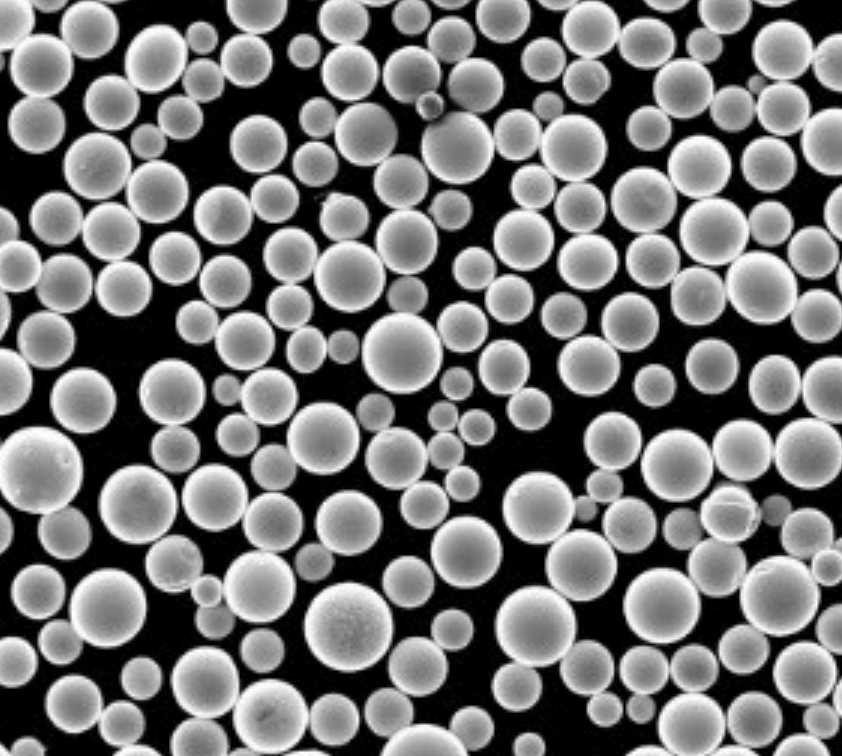
Characteristics of Forging Grade Materials
Forging grade materials must exhibit certain characteristics to be effective in their applications. These characteristics determine their performance under forging conditions and their suitability for various uses.
| Metal Powder Model | Hardness | Tensile Strength | Yield Strength | Ductility |
|---|---|---|---|---|
| 4140 Alloy Steel | High | 655 MPa | 415 MPa | Medium |
| 4340 Alloy Steel | Very High | 745 MPa | 470 MPa | Low |
| H13 Tool Steel | Very High | 1590 MPa | 1280 MPa | Low |
| Inconel 718 | Medium | 1030 MPa | 724 MPa | High |
| Titanium Grade 5 | High | 895 MPa | 830 MPa | Medium |
| Maraging Steel | Very High | 2000 MPa | 1900 MPa | Low |
| 316L Stainless Steel | Medium | 580 MPa | 290 MPa | High |
| Copper C18200 | Low | 220 MPa | 160 MPa | High |
| Aluminum 6061 | Medium | 310 MPa | 275 MPa | High |
| Super Duplex Stainless Steel | Very High | 800 MPa | 600 MPa | Medium |
Applications of Forging Grade Materials
The applications of forging grade materials are vast and varied, spanning numerous industries. These materials are chosen based on their specific properties and the demands of the end product.
| Industry | Application | Suitable Material |
|---|---|---|
| Automotive | Engine Components, Transmission Gears | 4340 Alloy Steel, 4140 Alloy Steel |
| Aerospace | Aircraft Frames, Turbine Blades | Titanium Grade 5, Inconel 718 |
| Oil and Gas | Drill Bits, Valves | Inconel 718, Super Duplex Stainless Steel |
| Tool and Die | Molds, Dies | H13 Tool Steel, Maraging Steel |
| Medical | Surgical Instruments, Implants | 316L Stainless Steel, Titanium Grade 5 |
| Electronics | Connectors, Heat Sinks | Copper C18200, Aluminum 6061 |
| Construction | Structural Components, Fasteners | 4140 Alloy Steel, Super Duplex Stainless Steel |
| Marine | Propeller Shafts, Fasteners | 316L Stainless Steel, Super Duplex Stainless Steel |
| Defense | Armor Plating, Gun Barrels | Maraging Steel, 4340 Alloy Steel |
| Renewable Energy | Wind Turbine Components, Solar Panel Frames | Aluminum 6061, Super Duplex Stainless Steel |
Specifications, Sizes, Grades, and Standards of Forging Grade Materials
Understanding the specifications, sizes, grades, and standards of forging grade materials is crucial for selecting the right material for the job. Here is a table summarizing this information for various forging grade metal powders:
| Material | Specifications | Sizes Available | Grades | Standards |
|---|---|---|---|---|
| 4140 Alloy Steel | ASTM A29, AMS 6382 | Round bars, Plates | AISI 4140 | ASTM, SAE, AISI |
| 4340 Alloy Steel | ASTM A322, AMS 6415 | Round bars, Plates | AISI 4340 | ASTM, SAE, AISI |
| H13 Tool Steel | ASTM A681, AMS 6408 | Rods, Sheets | H13 | ASTM, SAE, AISI |
| Inconel 718 | ASTM B637, AMS 5663 | Rods, Sheets, Wires | N07718 | ASTM, AMS |
| Titanium Grade 5 | ASTM B348, AMS 4928 | Bars, Plates, Sheets | Ti 6Al-4V | ASTM, AMS |
| Maraging Steel | ASTM A538, AMS 6512 | Bars, Rods | 18Ni (300) | ASTM, AMS |
| 316L Stainless Steel | ASTM A276, AMS 5648 | Bars, Sheets, Tubes | 316L | ASTM, SAE, AISI |
| Copper C18200 | ASTM B170, ASTM F68 | Rods, Bars, Tubes | C18200 | ASTM, UNS |
| Aluminum 6061 | ASTM B209, AMS 4027 | Plates, Sheets, Bars | 6061 | ASTM, SAE |
| Super Duplex Stainless Steel | ASTM A240, ASTM A789 | Plates, Sheets, Tubes | UNS S32750 | ASTM, ASME |
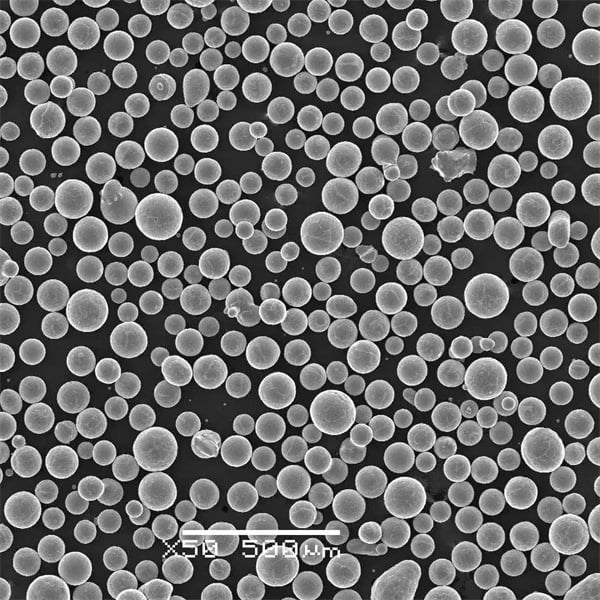
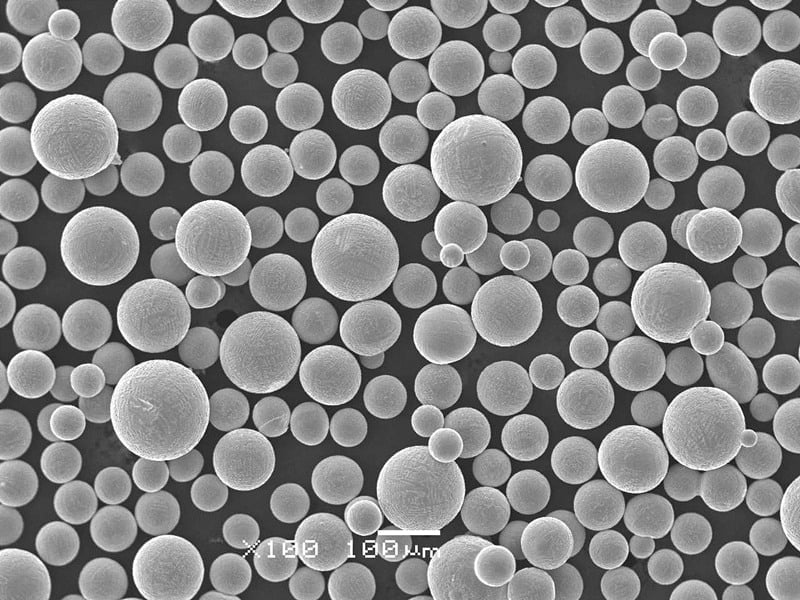


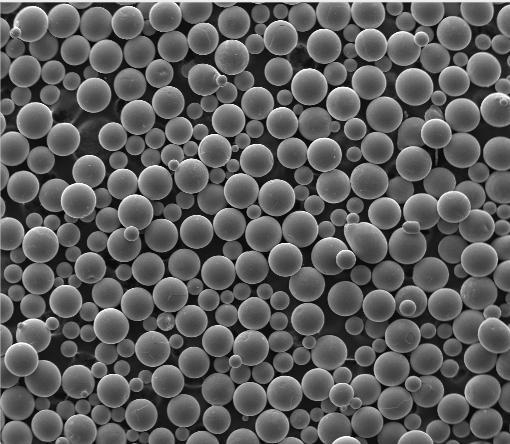

Suppliers and Pricing Details
Finding the right supplier and understanding the pricing details are essential steps in procuring forging grade materials. Below is a table listing some prominent suppliers and their pricing details:
| Supplier | Material | Price (per kg) | Location | Contact Details |
|---|---|---|---|---|
| Carpenter Technology | 4340 Alloy Steel | $5.50 | USA | www.carpentertech.com |
| Allegheny Technologies | Inconel 718 | $30.00 | USA | www.atimetals.com |
| Sandvik Materials Tech | Titanium Grade 5 | $45.00 | Sweden | www.materials.sandvik |
| Bohler-Uddeholm | H13 Tool Steel | $12.00 | Austria | www.bohler-uddeholm.com |
| ThyssenKrupp | 316L Stainless Steel | $6.00 | Germany | www.thyssenkrupp.com |
| Kobe Steel | Maraging Steel | $25.00 | Japan | www.kobelco.co.jp |
| Outokumpu | Super Duplex Stainless Steel | $8.50 | Finland | www.outokumpu.com |
| Alcoa | Aluminum 6061 | $4.00 | USA | www.alcoa.com |
| Aurubis | Copper C18200 | $7.00 | Germany | www.aurubis.com |
| ArcelorMittal | 4140 Alloy Steel | $5.00 | Luxembourg | www.arcelormittal.com |
Comparing Pros and Cons of Forging Grade Materials
Selecting the right forging grade material involves weighing the pros and cons of each option. Here’s a comparative
table to help you make an informed decision:
| Material | Pros | Cons |
|---|---|---|
| 4140 Alloy Steel | Good toughness, High fatigue strength | Susceptible to corrosion |
| 4340 Alloy Steel | High strength and toughness | Expensive, Difficult to machine |
| H13 Tool Steel | High wear resistance, Heat resistance | High cost, Low ductility |
| Inconel 718 | Excellent high-temperature strength | Very expensive, Difficult to machine |
| Titanium Grade 5 | Excellent strength-to-weight ratio, Corrosion resistant | Very expensive, Challenging to work with |
| Maraging Steel | Very high strength, Good weldability | Very expensive, Limited ductility |
| 316L Stainless Steel | Excellent corrosion resistance, Good ductility | Lower strength compared to other alloys |
| Copper C18200 | Excellent electrical conductivity, Corrosion resistant | Low strength, High cost |
| Aluminum 6061 | Good machinability, Corrosion resistant | Lower strength compared to other alloys |
| Super Duplex Stainless Steel | High strength and corrosion resistance | Very expensive, Difficult to weld |
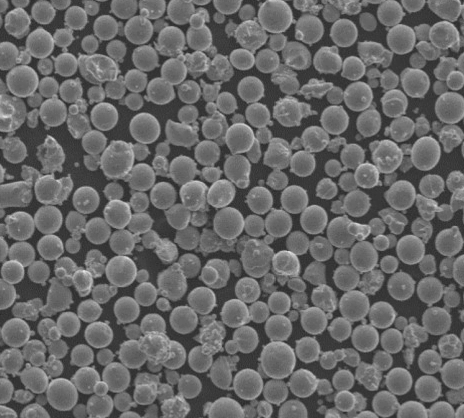
FAQs
Below are some frequently asked questions about forging grade materials, formatted for clarity:
| Question | Answer |
|---|---|
| What are forging grade materials? | Forging grade materials are metals specifically formulated to withstand the forging process. |
| Why are alloy steels popular in forging? | Alloy steels offer a balance of strength, toughness, and machinability, making them versatile. |
| What is the advantage of using Inconel 718? | Inconel 718 provides excellent high-temperature strength and corrosion resistance. |
| Are titanium alloys difficult to machine? | Yes, titanium alloys, like Grade 5, are challenging to machine but offer excellent properties. |
| Why is 316L stainless steel commonly used? | 316L stainless steel is used for its excellent corrosion resistance and good ductility. |
| How do I choose the right forging material? | Consider factors like strength, toughness, corrosion resistance, and application requirements. |
| What makes maraging steel unique? | Maraging steel offers very high strength and good weldability but is expensive and less ductile. |
| Is aluminum 6061 suitable for structural uses? | Yes, aluminum 6061 is commonly used in structural applications due to its good properties. |
| How is super duplex stainless steel different? | Super duplex stainless steel combines high strength and excellent corrosion resistance. |
| Where can I buy forging grade materials? | You can purchase from suppliers like Carpenter Technology, Allegheny Technologies, and others. |
Conclusion
Navigating the world of forging grade materials requires an understanding of their compositions, characteristics, applications, and the advantages and limitations each type presents. By comparing materials like 4140 alloy steel, Inconel 718, and titanium Grade 5, you can make informed decisions tailored to your specific needs. With this comprehensive guide, you are equipped to delve into the technicalities of forging materials, ensuring you select the best options for your projects.
This extensive overview has covered the key aspects of forging grade materials, from their unique compositions and properties to their applications across various industries. By engaging with this information, you can confidently approach your next project with a deeper understanding of these essential materials.
About 3DP mETAL
Product Category
CONTACT US
Any questions? Send us a message now! After receiving your message, we will process your request with a whole team.
